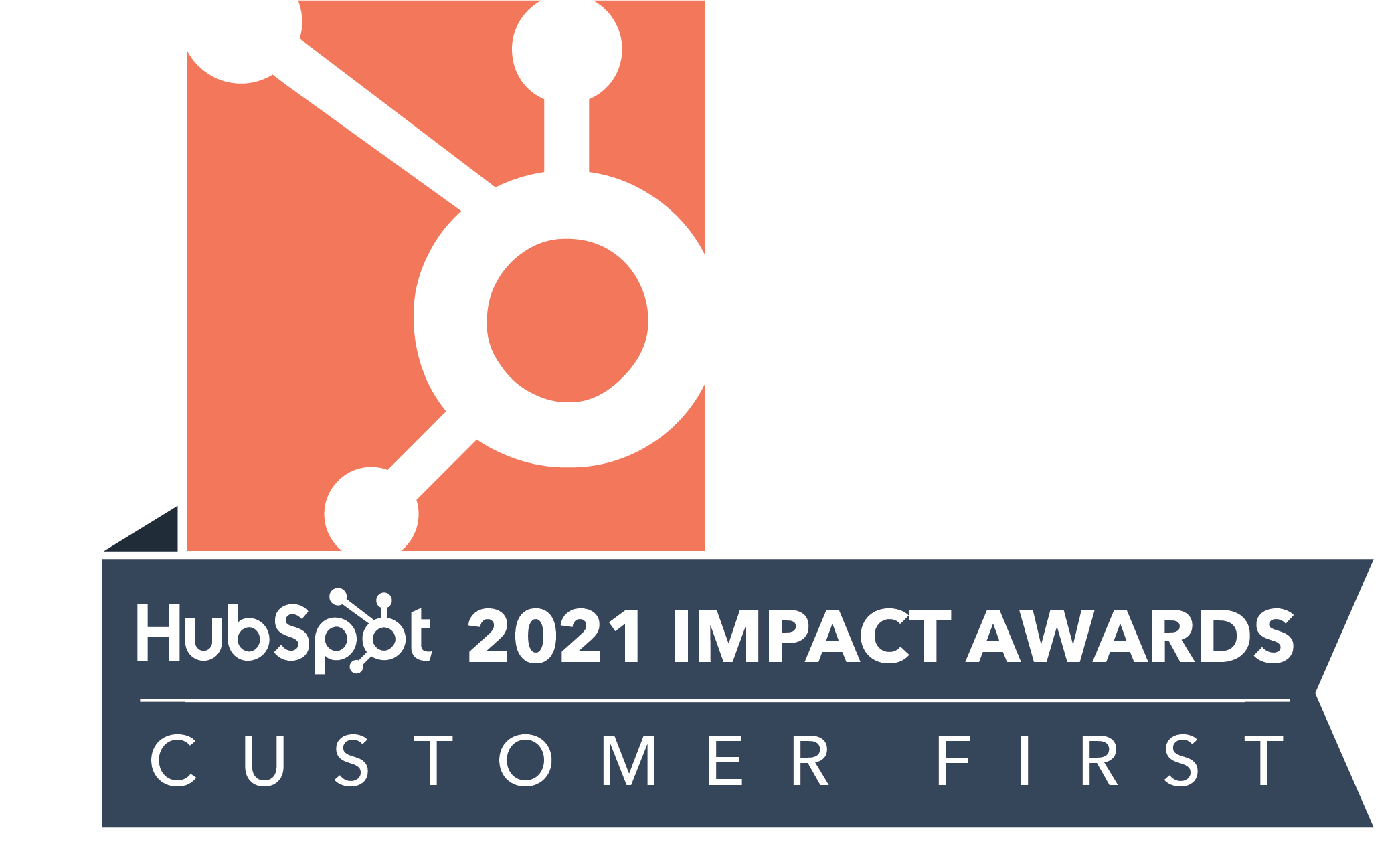While there are lots of posts talking about keyword research tools available online, what I see as a constant problem is how people use these tools. But considering how important keyword research is to the inbound marketing strategy, it is essential to know how to go about doing it.
Here is a simple approach or rather a few pointers that one should keep in mind while doing keyword research, using any tool.

Your Focus Keyword
While your content piece may include multiple things that you want to target or talk about, there should always be ONE focus keyword that you should be targeting.
For example, while I am targeting folks in the digital marketing and SEO industry with this post, my focus keyword here is “keyword research”.
The other keywords that you might feel are relevant and you’d like to add owing to a higher search volume, can be added as LSI keywords.
The Focus on Your Keyword
Always aim for a keyword that appears in your content. I mean your content should have the “exact” phrase as your focus keyword.
For example, if you are targeting “digital marketing services”, make sure the entire phrase “digital marketing services” appears at least once in the content. If not, you may either want to change your focus keyword or tweak the content a bit – as long as you do not change the context of the overall article.
If your article does not talk about the focus keyword – it’s a basic SEO flaw! By the way, make sure the content drives your focus keyword and not the other way round.
Missing Context
Often I’ve seen SEO professionals advising to use keywords that are somewhat similar.
However, you need to look for a keyword that has some context in your blog post.
For example, if a page talks about Media Solutions, it cannot have even a suggested keyword as “social media optimization”, despite both are having “media”. So even though “social media optimization” may have a good search volume and other favorable factors, please do make sure you’re not moving away from the context.
Your Target Audience
Generic keywords have a broader audience and there is no point in optimizing your site for them. Reason: way too many sites are doing it and more often than not, you’ll lose out to media portals or content farms. So, think about those, who you want to target and pick up keywords that you think that the exact audience might be looking for.
For example, let’s say you provide video marketing services. While the term “Video marketing” may be high in search volumes, decide whether you’re targeting people who are unaware of video marketing or the people who want to hire you for this? If it’s the latter, you might want to select your focus keyword as “video marketing services”. Even though this might have lower search volume as compared to “video marketing” but it will only attract the audience who is looking to hire you for giving you work.
Isn’t that the crowd that really matters to you?
Can You Actually Rank for that Keyword?
When you’ve figured out a few keywords, before finalizing, actually google and look at the search results for those terms. This is important as you may want to find out whether you can actually rank on the first-page search results ever?
For example, if you chose “WordPress”, the first page results are links from wordpress.com, Wikipedia, some prominent news portals, etc – how do you expect to beat them? Obviously, you can’t. So make sure you do this check.
I’ve found that whatever tool you may use, whether its Google Adwords, Wordstream or any of those listed by SearchEngineLand, there’s still some bit of human intelligence you’ll have to apply. After all, tools are only as good as the people using them 🙂
While I’ve shared what works for me, do share (in comments) what works for you.
And to know more about how to make your inbound marketing strategy successful, take a look at how to create an effective content strategy.















